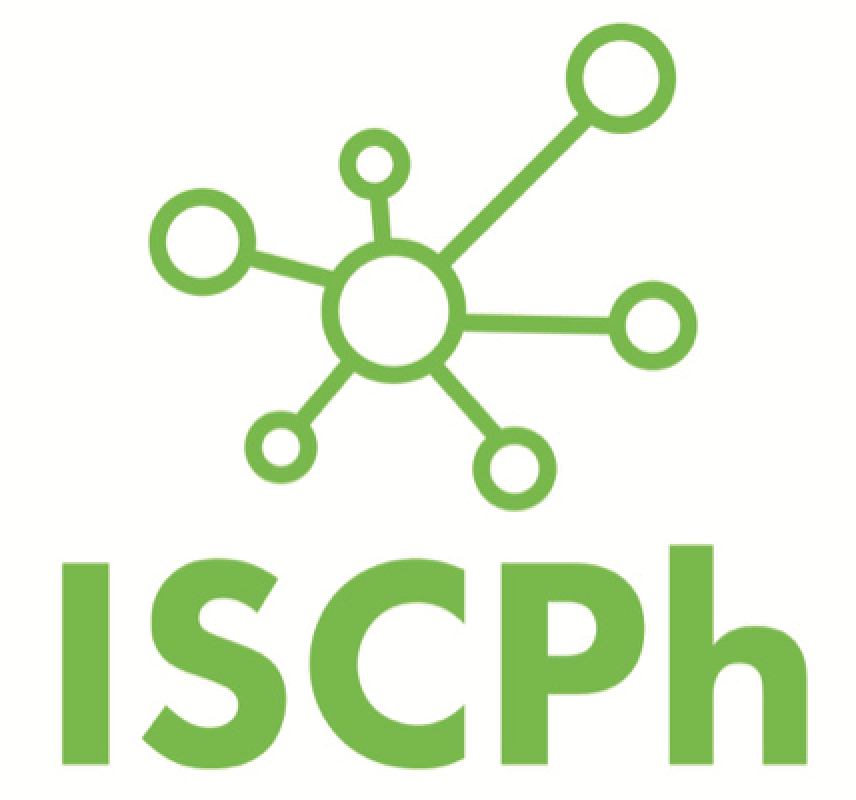This article comes to us from David Katz, President of the SSCP-PITT chapter – the FIRST student chapter of ISCPh!
One particularly impactful experience I had was a conversation with the mother of a child with autism who had selective mutism since the age of four. She proudly shared, “when my son is oncannabis, he now speaks to me.” I was elated to hear that her son experienced such profound benefits from cannabis. However, while speaking with her, I discovered she was not counseled nor instructed on the proper quantity, frequency, or even type of Cannabis to give her son. This mother had made troubling and potentially dangerous therapy decisions based on anecdotal information she gathered from Autism Facebook groups and other social media forums. It is, unfortunately, a common practice for cannabis users to base their own therapy on what has worked for others. To mitigate the dangers of misinformation, I believe healthcare providers should emphasize thorough patient education on the proper and safe use of cannabis.
In an effort to rectify the apparent lack of proper patient education, I founded the Student Society of Cannabis Pharmacists organization at the University of Pittsburgh School of Pharmacy. It is the first pharmacy school organization in the nation that educates student pharmacists on the endocannabinoid receptor system and its manipulation with phytocannabinoids, while encouraging networking and career advancement opportunities. The purpose of this organization is to prepare students to serve as leaders in appropriate cannabis use. Through this student group, it is my hope for students of Pitt Pharmacy to be at the forefront of cannabis education.
Universities can pick and choose which student organizations get approved. One can easily recognize the barriers to starting an organization around a medicine that continues to be seen as a schedule 1 substance by the university. If you would like to start your own chapter of ISCPh, please take note. First, convince the administration there is an unmet need in regards to cannabis education. This can be done by sharing facts, such as: one in seven US adults use cannabis annually, and six states have established a role for pharmacists in the dispensing process (PA, CT, MN, NY, LA, OH). Explain how the current curriculum lacks in preparing a student pharmacist to enter this industry.
The next step is to create a list of ideas on how this student organization will rectify this unmet need for cannabis education. This list may comprise of activities such as patient-case discussions (pharmacists working at a dispensary share patient experiences similar to grand rounds), guest speakers (researchers/faculty with work related to medical marijuana), journal clubs (formal presentation-style educational training directed to pharmacy students), grower/dispensary facility tour, potential partnering with other organizations (for example: APhA Generation Rx).
Lastly, show your professionalism by clearly laying out this information in a document. Have this on hand when asking your dean for permission and attach this document to your student organization application. ISCPh provides an outline for students interested in starting their own chapter on their website at cannabispharmacist.org/student-society. If you need additional assistance, please do not hesitate to reach out by commenting on this post or visiting our landing page at cannabispharmacist.org/sscp-pitt
Sincerely,
David Katz
University of Pittsburgh, Doctor of Pharmacy Candidate 2021
